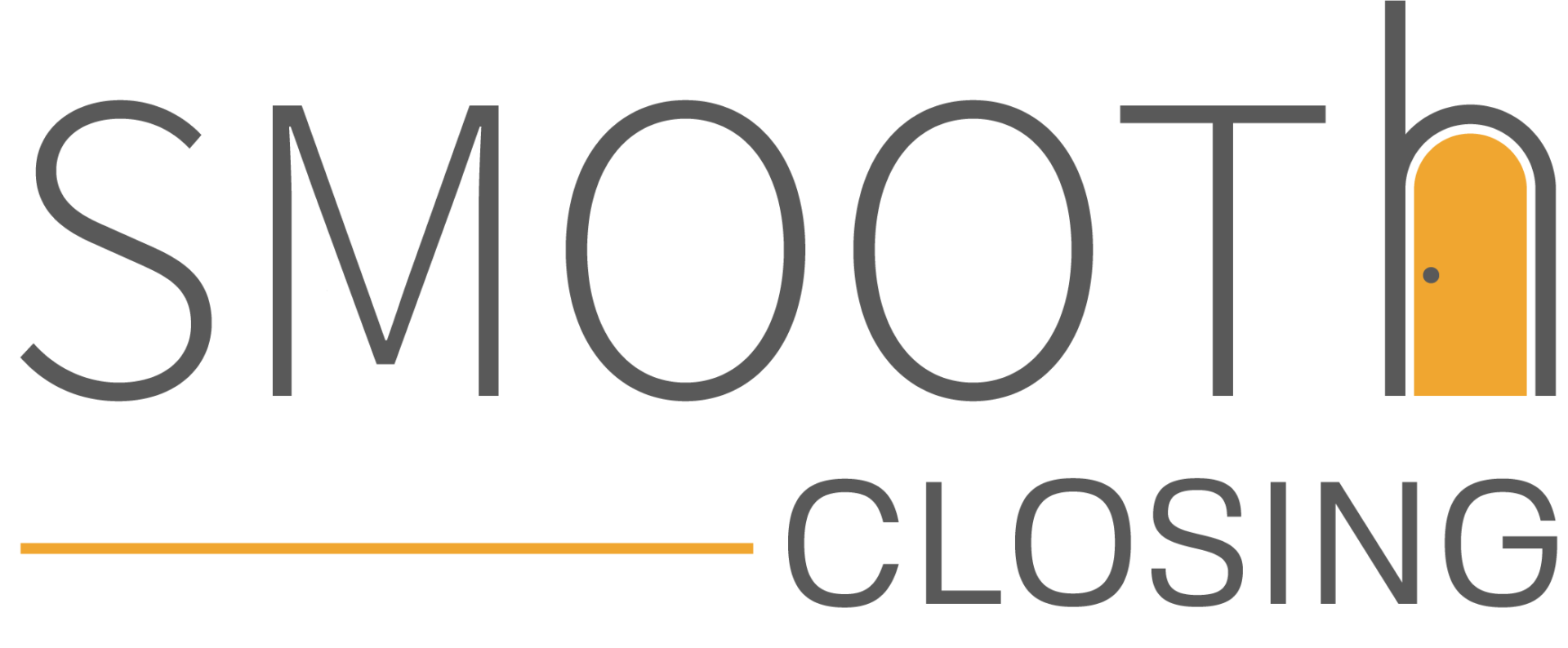Navigating the complexities of probate law and understanding who legally owns a house during this process can be a daunting task for many. Probate, the court-supervised procedure of authenticating a will and distributing assets, often involves selling real estate to settle debts or distribute the estate among heirs. This article aims to demystify the process and outline key considerations for selling a house in probate.
Understanding Probate and Property Ownership
Probate serves to ensure the orderly transfer of assets from a deceased individual to their beneficiaries. However, the process can become complicated, especially when it involves selling a property. During probate, the legal title of a property is in limbo until the court transfers the ownership to the heirs or the property is sold to settle the estate’s debts.
The Process of Selling a House in Probate
Selling a property while it’s in probate is permissible but requires adherence to specific legal protocols. These include obtaining an appraisal to establish the property’s value, setting a minimum sale price, and securing a deposit from potential buyers. The process ensures that the estate gets a fair return on the property sale, protecting the interests of both creditors and beneficiaries.
Exempt Property from Probate
Certain assets may bypass the probate process altogether, depending on state laws. Typically, these exemptions include jointly owned property, life insurance proceeds, and assets held in a trust. Understanding which assets are exempt can significantly streamline the estate settlement process.
Navigating Texas Probate Law
While this article avoids state-specific language, it’s crucial for executors and administrators to familiarize themselves with local probate laws, which dictate everything from the filing of wills to the sale of estate properties. For instance, overbidding at court hearings can influence the final sale price of a probate property, a practice allowed in some jurisdictions to ensure the estate receives the maximum value.
Challenges of Probate Sales and How to Overcome Them
Selling a house during probate presents several challenges, including maintaining the property and managing associated costs. Executors must also navigate legal requirements and potentially complicated bidding processes at court hearings. Effective strategies include securing the property, keeping up with maintenance, and considering the sale of assets to cash buyers for a more straightforward process.
Selling to Cash Buyers: A Hassle-Free Solution
Selling probate property to cash buyers offers a simplified alternative to the traditional market sale. Companies specializing in cash purchases, like Smooth Closing, understand the intricacies of probate sales and can provide a fair, fast offer without the need for repairs or a lengthy sale cycle. This approach can be particularly beneficial for estates looking to quickly settle debts and distribute assets to heirs.
Conclusion
The probate process can be a challenging journey for executors and heirs, especially when it involves selling a property. By understanding who owns a house during probate and the steps required to sell it, you can navigate these waters more smoothly. Professional guidance and the option to sell to cash buyers can further ease the burden, allowing for a more efficient resolution to estate settlement.
For those looking for assistance in selling a property during probate, Smooth Closing offers expert guidance and quick, fair cash offers. Contact Smooth Closing at (512) 368-9979 for support and to streamline the sale of your probate property.

